The Website of Chris Lawson, Piano Tuner & Technician
Serving Geelong & Western Victoria
PIANO CARE: You can do a lot to care for your own piano!
It's a bit like your car - obviously you can't do some of the things that a mechanic does.
But you can do a few simple things to help your piano remain in good playing condition for decades!
Happy reading!
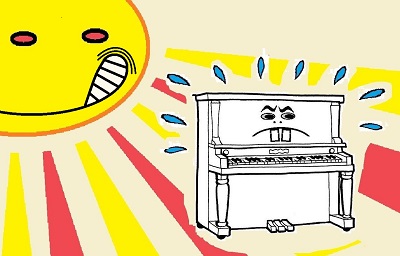
Direct sunlight will play havoc with the humidity of the piano’s wood—ie it will dry it out in no time at all. Chances are also that the exposure of the piano to direct sunlight will be uneven, meaning that the effects of the sun’s heat and drying will be uneven. Even in the middle of winter, direct sunlight can affect a piano.
2. Keep You Piano away from the direct air-flow of heaters and air-conditioning
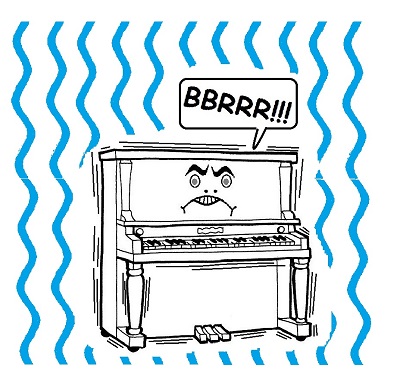
Air flow from these devices is usually very dry, and can have a serious dehydrating effect on your piano. This is particularly the case with grands, which will need at least some parts of the lid open whilst being played.
On this point, if you open the lid of the piano for playing (especially your grand!), close it up after you finish! ( something I have been guilty of not doing myself!) An open lid not only allows moist or dry air into the piano, it also allows dust to float in and accumulate.
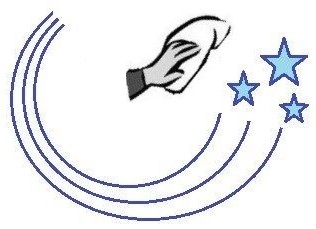 3. Keep Your Piano Clean!
3. Keep Your Piano Clean!
Cleaning the exterior of the piano is simple enough. You can damp dust the case
with a cleaning cloth/ and/or use a conventional furniture polisher furniture cleaner
(with lid closed - don’t overdo it!), and clean the keys with a slightly damp cloth (not
saturated!)

4. Be Careful with vases of flowers on the piano!
Vases of flowers have water in them—and water inevitably gets spilt! Spilt water will leak
down into the piano’s works, causing strings and other metal parts to rust. Water will also
weaken glue joints and warp the wooden parts of the piano action.
It is understandable that people want to place pictures and other attractive items items
on top of their pianos (it’s such a convenient spot!), but vases of flowers should not
be one of them.
5. Keep drinks, liquids and cigarettes away from the piano.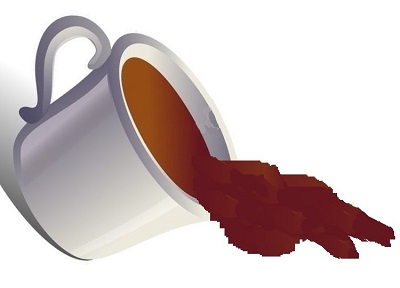
The inevitable will happen—you will spill something, and warping of the keys and
the keybed will result. The contents of drinks (eg coffee, alcohol, etc) may also have a
corrosive effect on these parts. You also don’t want cigarette ash burning holes and
leaving stains on the woodwork and the keys. I would also imagine that cigarette smoke
could have a detrimental effect on the piano strings (given what it can do to your lungs!)
6. Don’t use your own lubricants on piano parts!
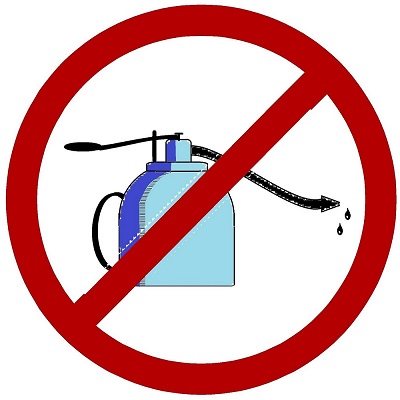
There are specified lubricants for different parts of the piano’s action. Motor oil is not one of them
(to use an example). Motor oil will inevitably creep up to the tuning pins, causing them to slip, and
then you will have a real problem. The same may apply to other lubricants.
On this point, avoid home-made fixes! Self-reliability is to be commended, but you need to know what you are doing! Call your piano technician – he or she will only be too happy to help you out.
7. Have you piano tuned and serviced regularly
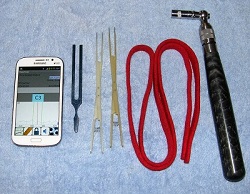
The piano was designed for the tension which correct tuning provides across its frame.
A dedicated piano technician will also pick up on any action parts which are not working
correctly (eg travelling hammers, tight keys); often free of charge. It’s like servicing your
car—if you have your car serviced regularly, it will last much longer and give you far
better service.
8. Play your piano regularly! 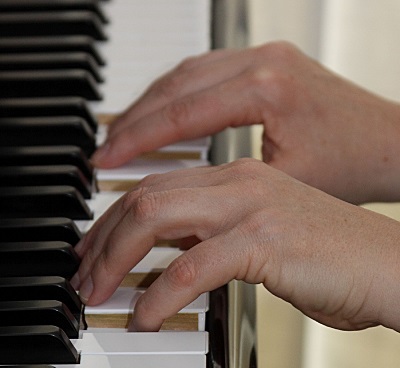
Pianos like to be played, and that’s what they are for! Avoid crashing and bashing—remember
your piano teacher’s advice about good quality touch and tone!
9. Jar of water inside the piano?
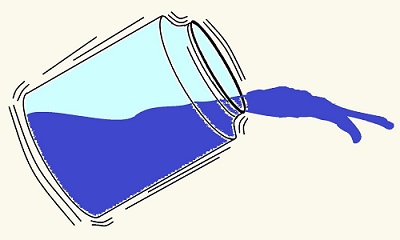
Not advisable! This idea comes out of hot, dry climates (such as our own,
and some parts of the USA). The thought was that as the water in the jar
thereby having almost no impact on the humidity level), there is the danger
of spillage if the piano is moved. The jar of water can also attract bugs and
water bacteria.
One option is to install a humidity control system, a mechanism which is specially
designed to maintain a constant humidity level (42%) in all kinds of weather.
USEFUL BOOKS:
How To Buy A Good Used Piano
Author: Willard Leverett
THE PIANO A Piano Technician’s Guide for the Piano Owner
Author: Philip Gurlik



